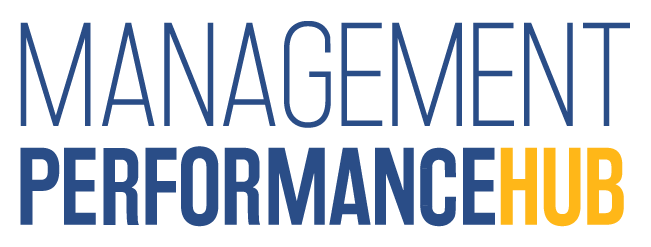Substance use disorder is a sprawling problem that touches a range of populations and reflects various issues and challenges within society, and it never stands still. Because it’s highly stigmatized, drawing data-based conclusions and developing programs from those insights is especially important to achieving real change. Further, SUD depends on such a complicated mix of factors that addressing it requires constant evaluation, which can be made possible only through the ability to leverage top-tier technology tools and data from a broad spectrum of sources.
Serving Indiana’s SUD population is an ever-shifting challenge that requires nimble, data-informed programs and policies. Building the tools that bring together disparate data across agencies is a hurdle all on its own, and it’s one made more complex by the variation in regulatory and data oversight from agency to agency.
In its first year, DDAPR’s challenge was to build the foundation that would draw together resources, build the tools that would effectively utilize them, put the right team in place, and thereby set the foundation that would ready Indiana to address SUD now and enable the state to pivot as circumstances and stakeholders change.





